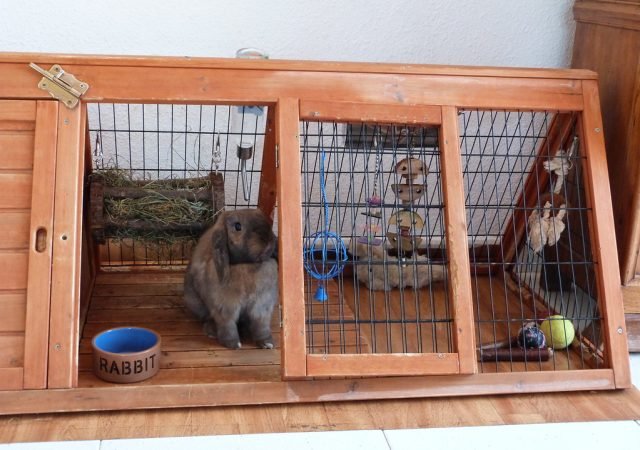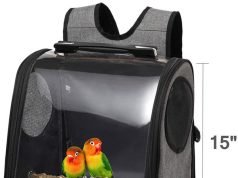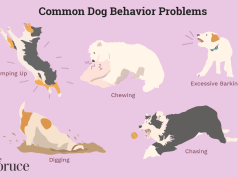Finding the perfect indoor rabbit cage is essential for ensuring the health, happiness, and well-being of your pet rabbit. This comprehensive guide will walk you through the key features and considerations to keep in mind when selecting a cage, ensuring you make an informed decision for your furry friend.
Table of Contents
Introduction to Indoor Rabbit Cages
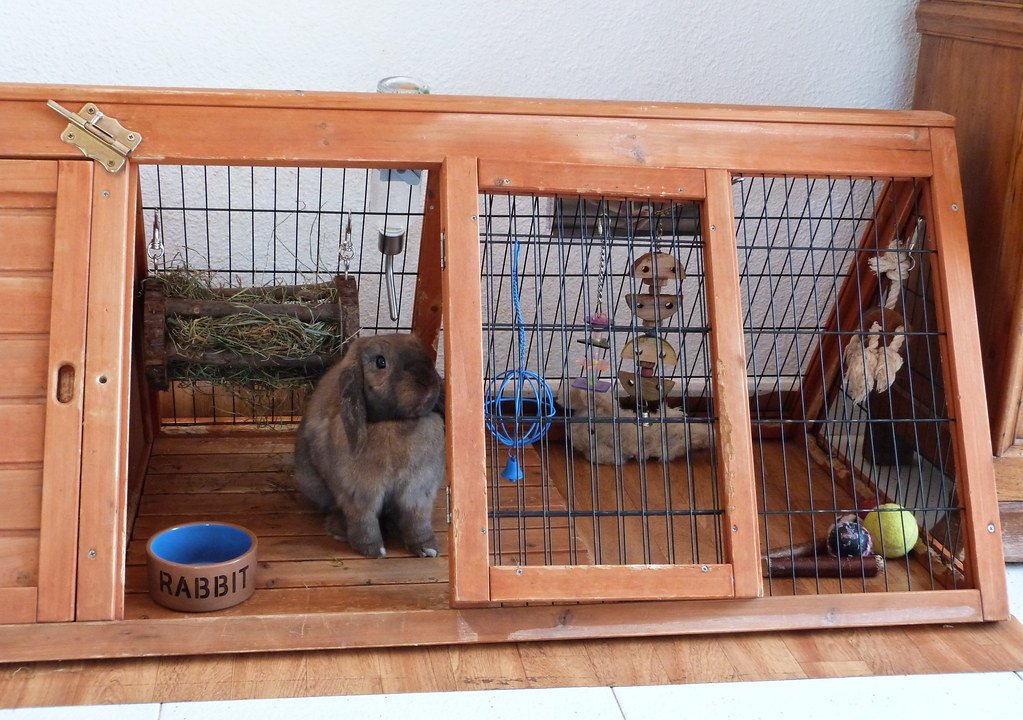
When bringing a rabbit into your home, one of the first and most important purchases you’ll need to make is a suitable indoor cage. A good indoor rabbit cage provides a safe, comfortable, and stimulating environment for your rabbit, helping to keep them healthy and happy. With a variety of options available, it can be overwhelming to decide which cage is best suited for your pet. This guide aims to simplify the process by highlighting key features and considerations to help you choose the perfect indoor rabbit cage.
Key Features to Consider
Size and Accessibility
One of the most important things to take into account is the cage’s size. Rabbits require a lot of room to roam, stretch, and play. An overly small cage might cause behavioural and health problems. As a general rule, the cage should be at least four times the size of your rabbit. For larger breeds, this means looking for cages that offer even more space.
Accessibility is also important. The cage should have large doors for you to reach in and handle your rabbit easily. Multiple access points can be beneficial, allowing you to clean the cage and interact with your pet more easily.
Material and Durability
The material of the cage affects both its durability and your rabbit’s safety. Look for cages made from high-quality, non-toxic materials. Metal cages with a powder-coated finish are popular due to their durability and ease of cleaning. Avoid cages with sharp edges or small parts that your rabbit could chew on and potentially ingest.
Plastic-bottom cages are also common and can be more comfortable for your rabbit’s feet. Ensure the plastic is sturdy and resistant to chewing. Wooden cages can be aesthetically pleasing but require more maintenance and are more prone to damage from chewing.
Important Considerations
Security and Safety
Your rabbit’s safety should be a top priority when choosing a cage. Ensure that the cage has secure locks to prevent your rabbit from escaping and to keep other pets or small children from opening the cage. Check for any gaps or sharp edges that could injure your rabbit.
Additionally, the spacing of the bars is crucial. Bars that are too widely spaced can allow your rabbit to squeeze through or get stuck. Ideally, the spacing should be no more than 1 inch apart for larger rabbits and 0.5 inches for smaller breeds.
Ease of Cleaning and Maintenance
Maintaining a clean environment is vital for your rabbit’s health. Choose a cage that is easy to clean, with removable trays or floors that can be taken out and washed regularly. Cages with smooth surfaces are easier to wipe down and disinfect.
Consider cages with pull-out trays that catch waste and bedding, making daily cleaning more convenient. Look for materials that are resistant to staining and odours, ensuring the cage remains fresh and hygienic with minimal effort.
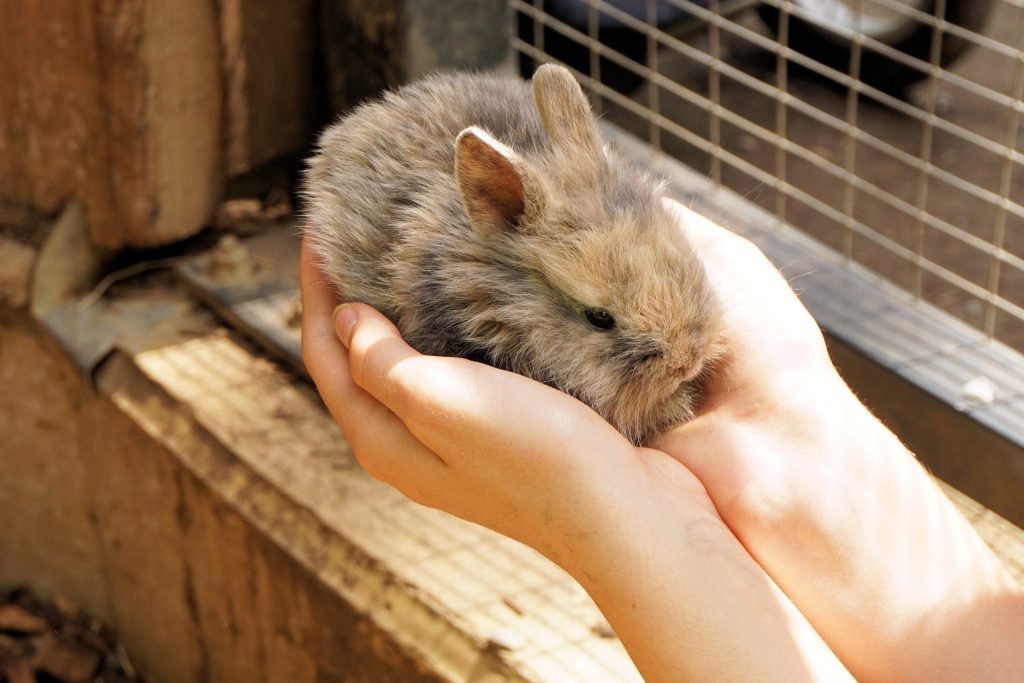
Sizing Guide for Indoor Rabbit Cages
Selecting the right size cage for your rabbit is crucial for their comfort and well-being. Here is a general sizing guide to help you choose an appropriate cage based on the size and breed of your rabbit:
- Small Breeds (Netherland Dwarf, Mini Rex): These rabbits typically weigh between 2-4 pounds. A cage measuring at least 30 x 24 x 18 inches is recommended.
- Medium Breeds (Dutch, Mini Lop): These rabbits usually weigh between 4 and 7 pounds. A cage measuring at least 36 x 24 x 24 inches is ideal.
- Large Breeds (Flemish Giant, French Lop): These rabbits can weigh over 10 pounds. A cage measuring at least 48 x 24 x 36 inches is necessary to accommodate their size.
Remember, these are the minimum recommendations. Providing a larger cage is always better, as it offers more space for your rabbit to move around and reduces the risk of obesity and other health issues.
Conclusion
Choosing the perfect indoor rabbit cage involves careful consideration of several factors, including size, material, safety, and ease of maintenance. By prioritizing these features, you can ensure that your rabbit has a comfortable and secure environment that promotes their health and happiness.
Investing in a high-quality cage is one of the best ways to show your love and commitment to your pet rabbit. Take the time to research and select a cage that meets your rabbit’s needs, and you’ll be rewarded with a happy and healthy companion for years to come.
You May Like How to Determine the Gender of Your Rabbit: A Complete Guide

